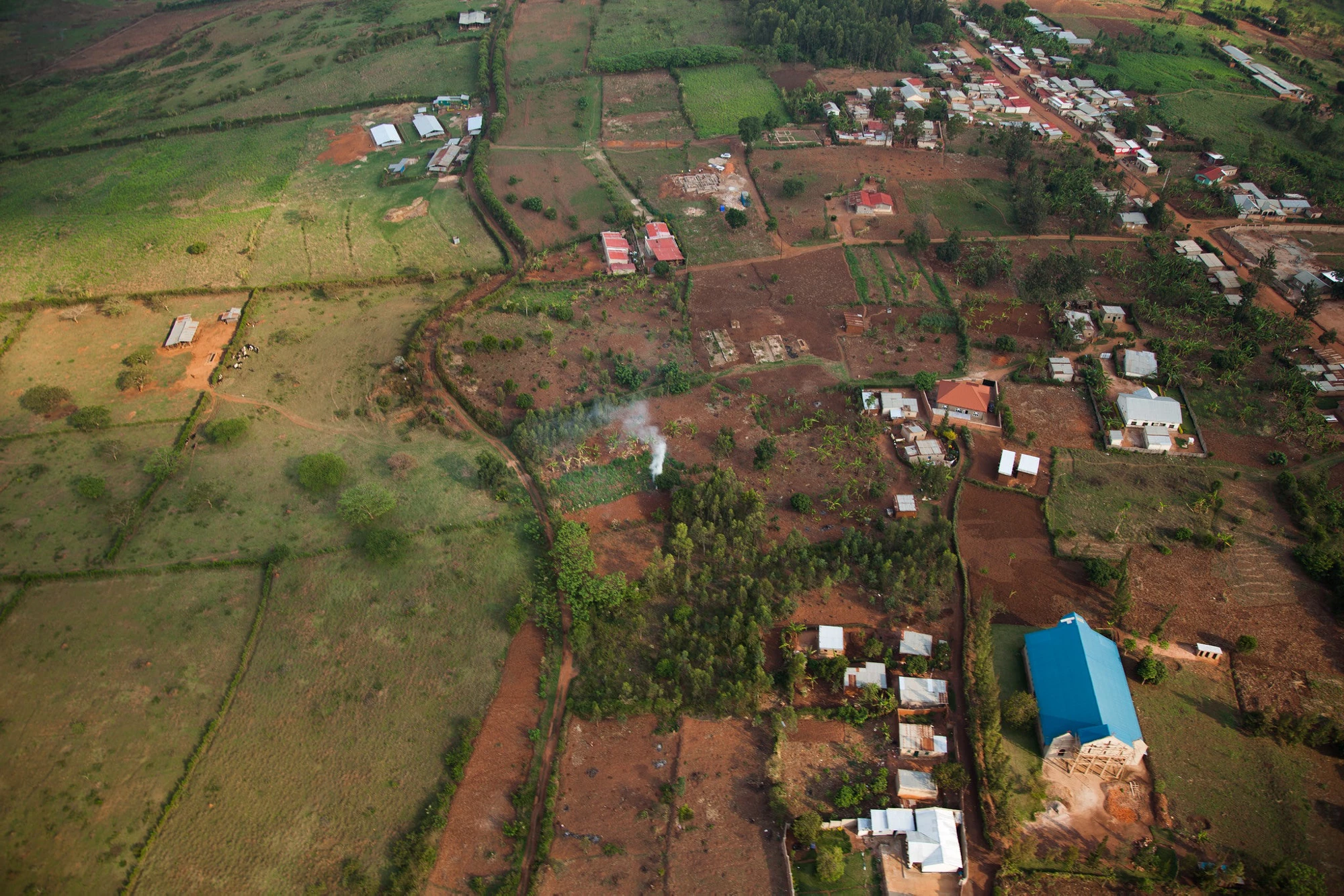The protection of real property rights and improving the efficiency of land and property markets are key pillars in a modern, well-functioning economy. Over the last 30 years, many countries have initiated programs to issue land titles for all properties, improve the performance of land administration services, automate land information systems, and integrate them with ongoing e-government and e-service programs.
The World Bank, often with other development partners, has provided more than $1.5 billion in grants, credit and loans to more than 50 countries to support the implementation of such programs. Other bilateral and multi-lateral development partners have also provided substantial funding and technical assistance to many countries.
In May 2016, the state of New South Wales, Australia, awarded a 35-year, $2.6 billion Australian dollar (US$2.08 billion) concession to a consortium of private sector companies to run the land registration office. Awarding a contract to a private partner to manage land administration offices is uncommon, but not new. The first such arrangement took place as far back as 1996 in Ontario, Canada. There are other examples worldwide, but the number remains low.
The driving force for such an arrangement, as in the case of Canada, was the need to modernize property markets and improve service delivery to citizens. At that time, government officials debated whether to conduct this modernization program as part of public sector reform, or to be bold and do it through a partnership with the private sector. Successful modernization through public sector reform is not uncommon—many countries, such as the Netherlands, Norway, New Zealand, Dubai, and Russia have modernized their land registration systems and achieved impressive results. So why consider the private sector?
In the case of Ontario, the decision to go with a private sector partnership was driven by the uncertainty of continuous political support, the significant resources required to implement the modernization program, and limited government budget. After a long debate, the government decided to partner with the private sector to modernize the provincial land administration system. Over the concession period, the government collected almost $2 billion Canadian dollars (US$1.65 billion) in payments, as well as about $300 million Canadian dollars (US$240 million) in annual royalty payments in 2017. Above all, the system was modernized, services improved, and customer satisfaction increased substantially.
The advancement of technology in the last two decades, including GPS technology, web-based services, mobile technology, and drone mapping, has made cadastral surveying and mapping much faster, cheaper, and more accurate. While this has created great opportunities to accelerate land titling programs and modernize existing land administration systems, it also created new challenges for many developing countries. For example:
- Rigid government salary structures and low budget allocations for land administration agencies can severely limit funding for such programs.
- Hiring and retaining highly-qualified staff to run these new technologies is difficult.
- A digital land database is part of any country’s national security, and a government’s ability to protect these databases from potential cyber attacks is limited.
Since land administration agencies are revenue-generating (for example, they can collect fees for registration transactions such as sales and mortgages), the private sector could potentially be interested in Public-Private Partnerships (PPPs) if the conditions were right and the risks manageable. However, in most cases, governments are reluctant to let go of an agency that is a cash cow. Lack of transparency in the sector can also encourage rent-seeking which ultimately benefits certain elites.
Over the next few months, the World Bank’s Global Land and Geospatial Unit will undertake a global assessment of the viability of various models of PPP arrangements in land administration. The process will feature consultations with private sector firms with the relevant expertise, government officials from high-, middle-, and low-income countries, and leading professionals in the sector.
The overall goal of these consultations is to develop a guidance note for countries and private sector companies interested in pursuing this model. The note will address key questions such as:
- What models of PPP in land administration should be considered?
- What kind of risks are involved?
- How can these risks be mitigated?
- Subscribe to our Sustainable Communities newsletter
- Follow us on Twitter ( @WBG_PPP @WBG_Cities) and Flipboard




Join the Conversation